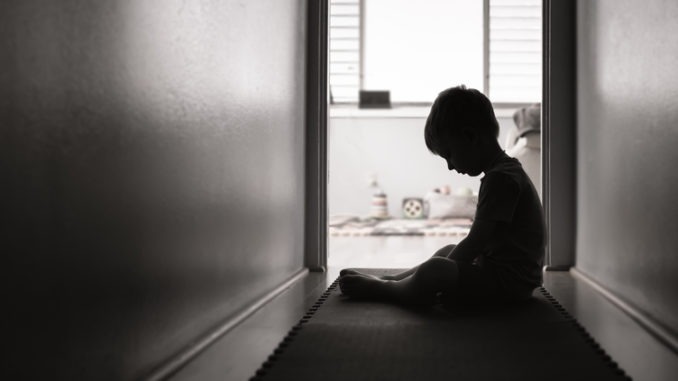
As reported by BBC News, too many vulnerable children are being left at risk of harm for far too long in many areas, Ofsted Chief Inspector Amanda Spielman has warned
Struggling child protection services in England had lost “the line of sight” to children in risky situations during the pandemic, she said. Ofsted’s annual report found nearly half of council children’s services require improvement, or are inadequate. It comes after the case of Arthur Labinjo-Hughes shocked the nation.
His father Thomas Hughes was convicted of manslaughter and his stepmother Emma Tustin was convicted of murder and child cruelty last week, after torturing, humiliating and neglecting him. Spielman said this had been a “terrible, terrible case” and his murder was a “callous one”.
The disturbing case thrust the focus of Ofsted’s briefing on its annual report towards the problems within children’s services departments. Ofsted has long been highlighting these issues through its inspections.
Some 48% of local authority children’s services are inadequate or require improvement, new figures in the Ofsted annual report show. Solihull, where Arthur lived, was one of these. Spielman said in local areas with struggling children’s services “there is a lack of focus on the risks to children and a failure to deliver timely, purposeful and effective help and protection.
“This leaves families unsupported and too many children at risk for too long. It also fails to secure timely permanency, and leaves children in care and care leavers without the support they need to thrive.”
In her briefing to the press, Spielman was asked if she was concerned there would be other cases like that of Arthur, if schools were to close again due to the new Omicron COVID variant.
She said: “Closing schools clearly has some significant risks for children and a reduction in quality education.
“But there are a minority of children who are safer in school than out of it. We have to recognise that if we close schools, we make that minority less safe.”
And defending the effectiveness of the ratings system, on BBC Radio 4’s Today Programme, she said: “I know that our judgements are taken extremely seriously by local authorities themselves, by government, and of course there were many other agencies involved in this case.
“What’s important is getting the right focus on how people are working.”
Ofsted has been asked to run a targeted area inspection into all the services involved with child protection in Solihull. This will include probation, health and police, as well as social care and education. Spielman also highlighted how children more generally had been affected by the pandemic. She said that despite the best efforts and huge commitments of teachers, nearly all children had fallen behind during the 20 months of disruption.
“It’s absolutely essential that every part of the education and care system is working full steam ahead. They must not be left waiting and wanting.”
Spielman stressed the need for high rates of attendance, but warned: “However, at the time of writing, the continuing high level of infections – symptomatic and asymptomatic – is still keeping many children out of school.”
She said children had “put their lives on hold during the pandemic” to protect older generations, but now “we must strive to redress the balance”.
Geoff Barton, general secretary of the Association of School and College Leaders said the “disruption caused by the pandemic is far from being over, and that the first step to recovery must be to establish continuity of learning.
“The government must provide more public health support to schools and colleges in terms of testing and improved ventilation.”
Spielman also highlighted the plight of children with special educational needs, and their families. Many had their support removed during the pandemic, while others were still fighting for it, she said.
She said that this year “many families were exhausted, even despairing, particularly when they were persistently unable to access essential services for their children”.
Ofsted has been working with the Care Quality Commission to inspect special educational needs and disability provision for the last five years. The latest data shows 54% of local area special needs departments had written statements of action – meaning they were not good enough.
Spielman added that the education health care plans which commit local authorities in law to provide support to children with higher needs remained “weak in most areas”. There were still long waits for diagnosis and many families lacked support during this wait.
She added: “Parents cannot be the driving force in ensuring that agencies work together, as they too often are. This must be a cross-government effort. “
Responding to the report, a Department for Education spokesman said the best place for young people is in the classroom with their friends and teachers.
This was why protecting face-to-face education continued to be an absolute priority, he added.
“As the government’s ambitious education recovery plan continues to roll out, it’s encouraging to see evidence emerging of children making progress following the impact of the pandemic.”




Be the first to comment